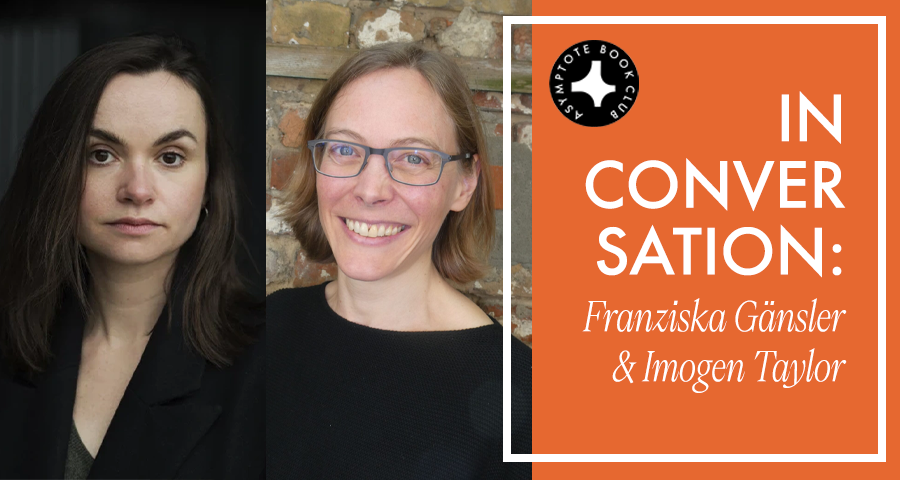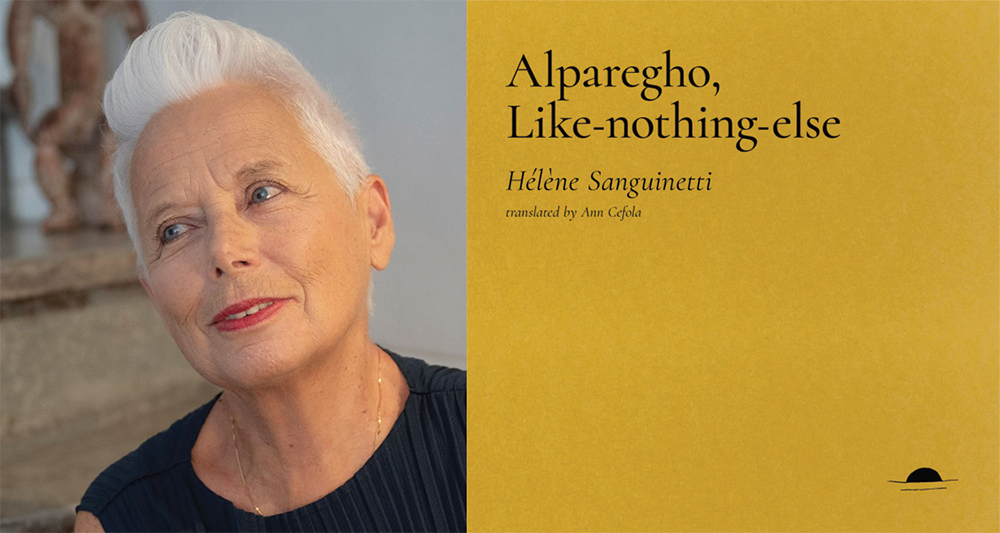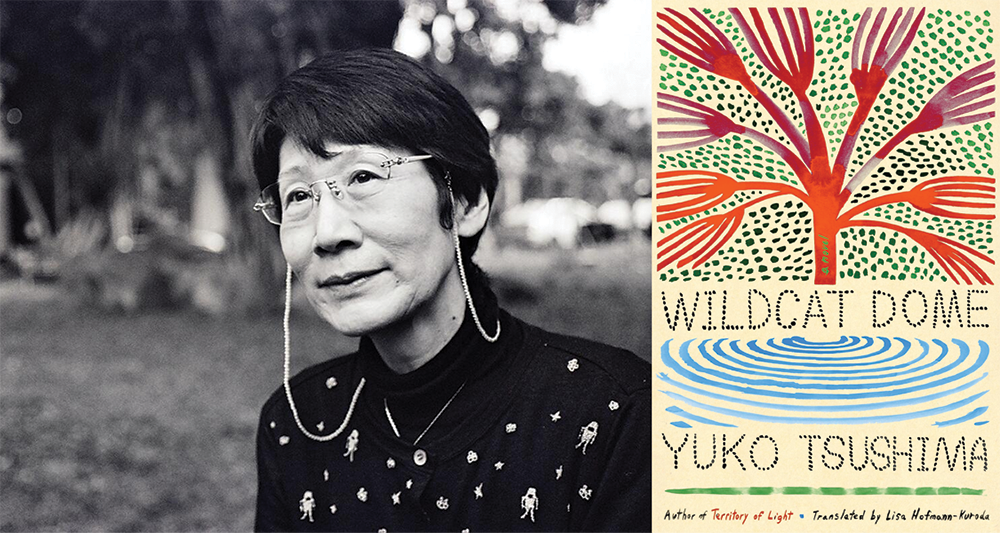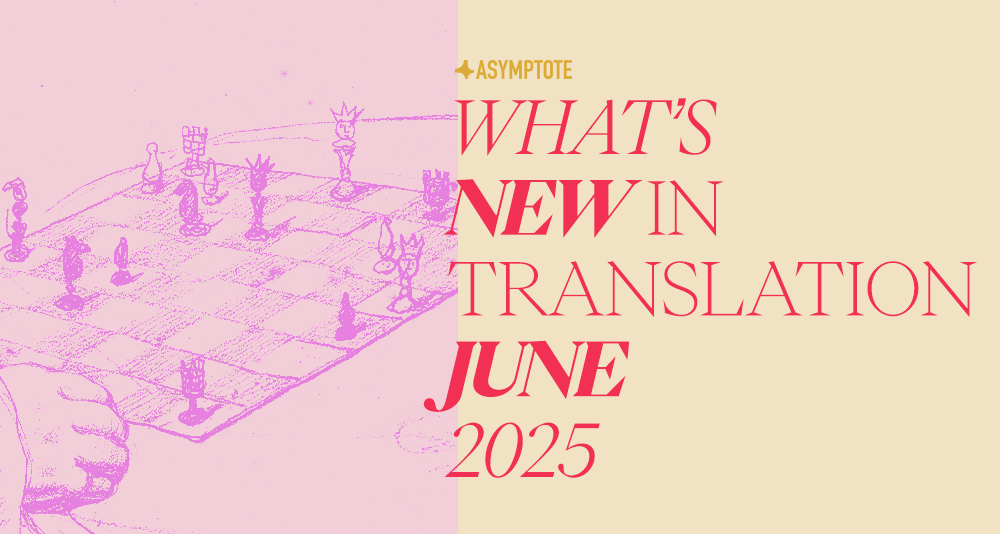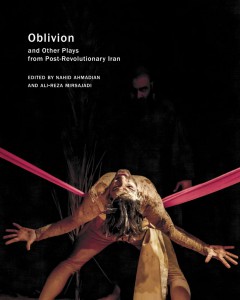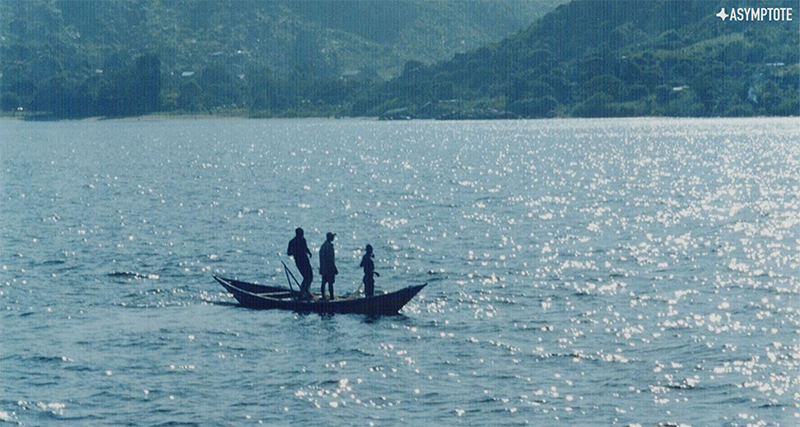In bringing you the latest in literary news around the world, our editors speak on the mysterious disappearance of a renowned Indian literary prize, the death of an iconic Bulgarian writer and community leader, and ongoing discussions of queerness and translational crafts in Hong Kong.
Sayani Sarkar, Editor-at-Large, reporting from India
In a surprising turn of events, the JCB Prize for Literature, one of India’s leading book awards, has seemingly ended without any official announcement. The only information available is a legal notice on their website stating the “revocation of the licence” for the JCB Literature Foundation, established in 2018 by JCB India (a global manufacturer of construction equipment) with the aim of promoting and celebrating Indian writing and helping readers worldwide discover the finest contemporary Indian literature.
This development has sparked significant discussions within the literary community in India. Concerned writers and translators are left wondering whether the Prize will return in a different format, but there have been no announcements regarding the 2025 shortlist. Since 2018, a selected jury has been responsible for creating a longlist of ten, a shortlist of five, and selecting the winner. Each shortlisted author received Rs 1 lakh and their translators were awarded Rs 50,000; if a translated work is named the winner, the author received Rs 25 lakh and the translator was awarded Rs 10 lakh. This prize was previously the highest-paying literary award in India, and its sudden absence is troubling, especially given the recent surge of interest after Banu Mushtak’s Heart Lamp’s win at the International Booker Prizes this year. READ MORE…


